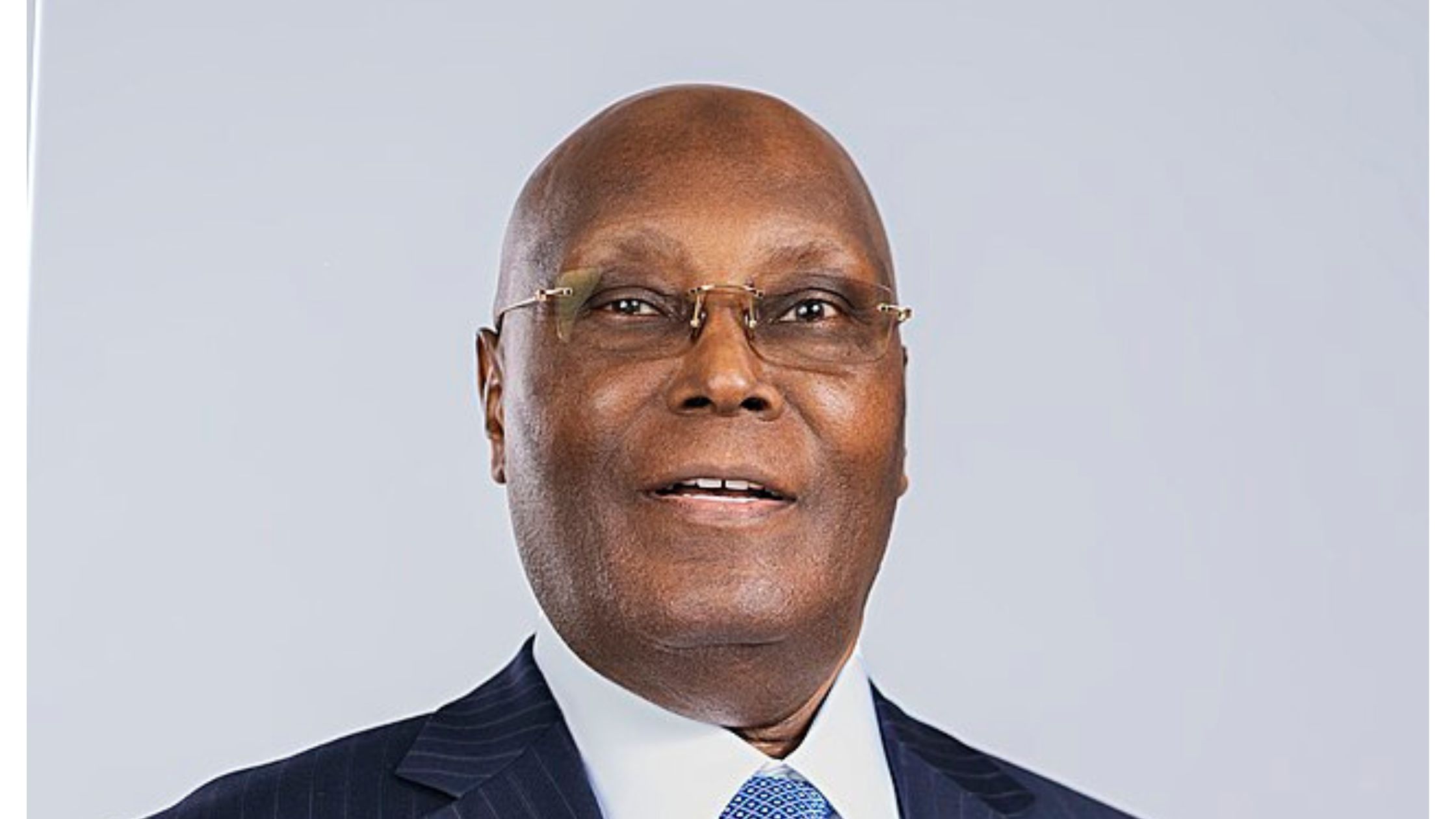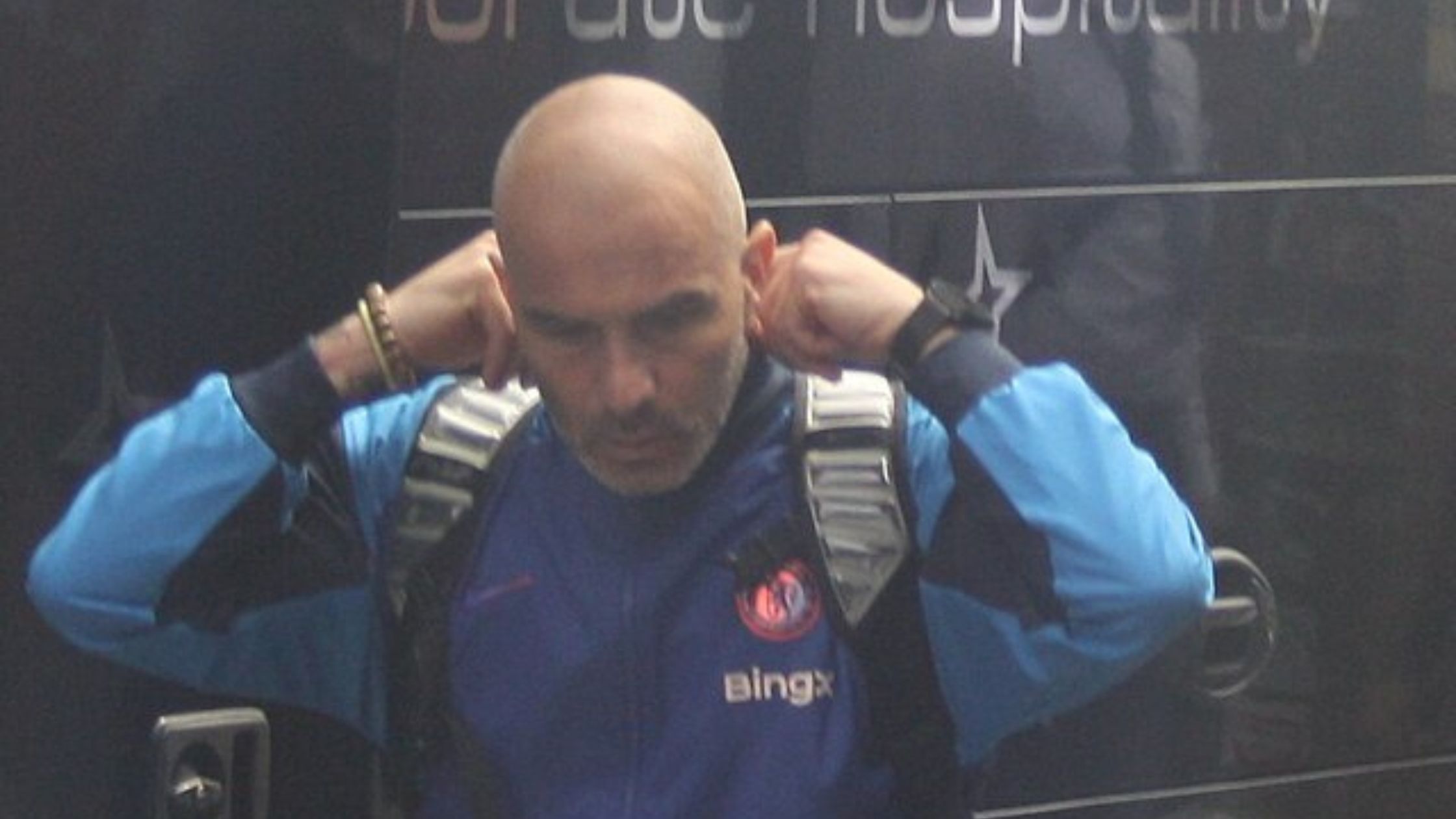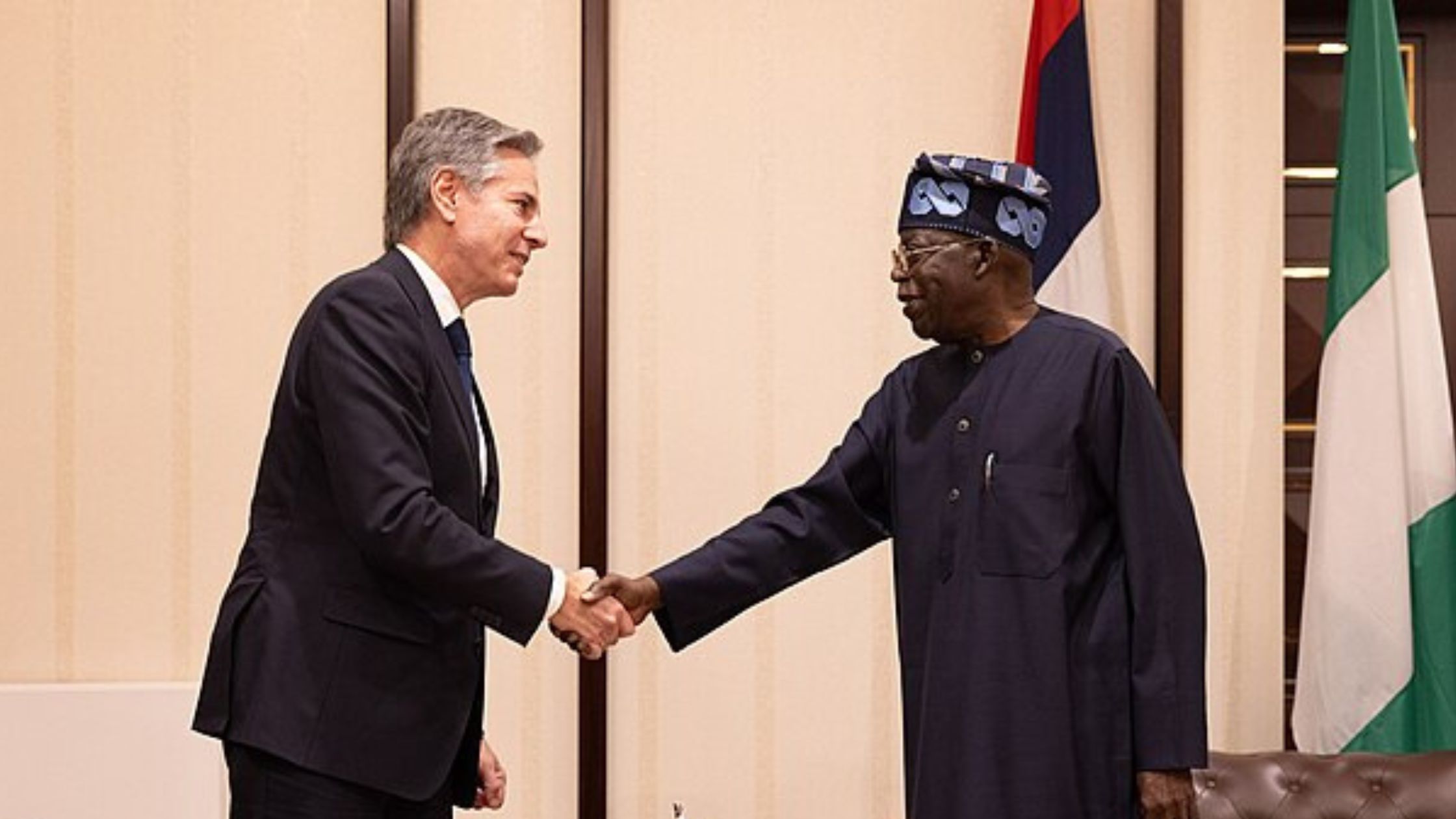If you’re under 35, chances are you’ve never known a Nigerian election without Atiku Abubakar in the mix. The former vice president has been running for president — in one form or another — since 1992. That’s over three decades of ambition, campaigns, speeches, and promises.
Atiku first tried his luck during the short-lived Third Republic, running in the Social Democratic Party primaries in 1992. He lost, but that didn’t stop him. Since then, he’s contested nearly every major presidential election, switching between parties as the political landscape shifted. PDP, APC, back to PDP — it’s all been part of a long-running quest to sit in Aso Rock.
His campaigns often follow a familiar pattern: economic reforms, national unity, and a call for better governance. At times, the message has resonated. He has loyal supporters across the country, particularly in the north. But for many young Nigerians, Atiku represents the old guard — a symbol of political recycling that never quite leads to change.
And yet, he’s still here. Still running. Still believing. To his supporters, that’s resilience. To his critics, it’s fatigue. Either way, Atiku Abubakar has become part of Nigeria’s political DNA. Whether he will ever reach the presidency remains uncertain, but his persistence — and the fact that he’s outlasted many of his contemporaries — is a story all its own.






Leave a Reply